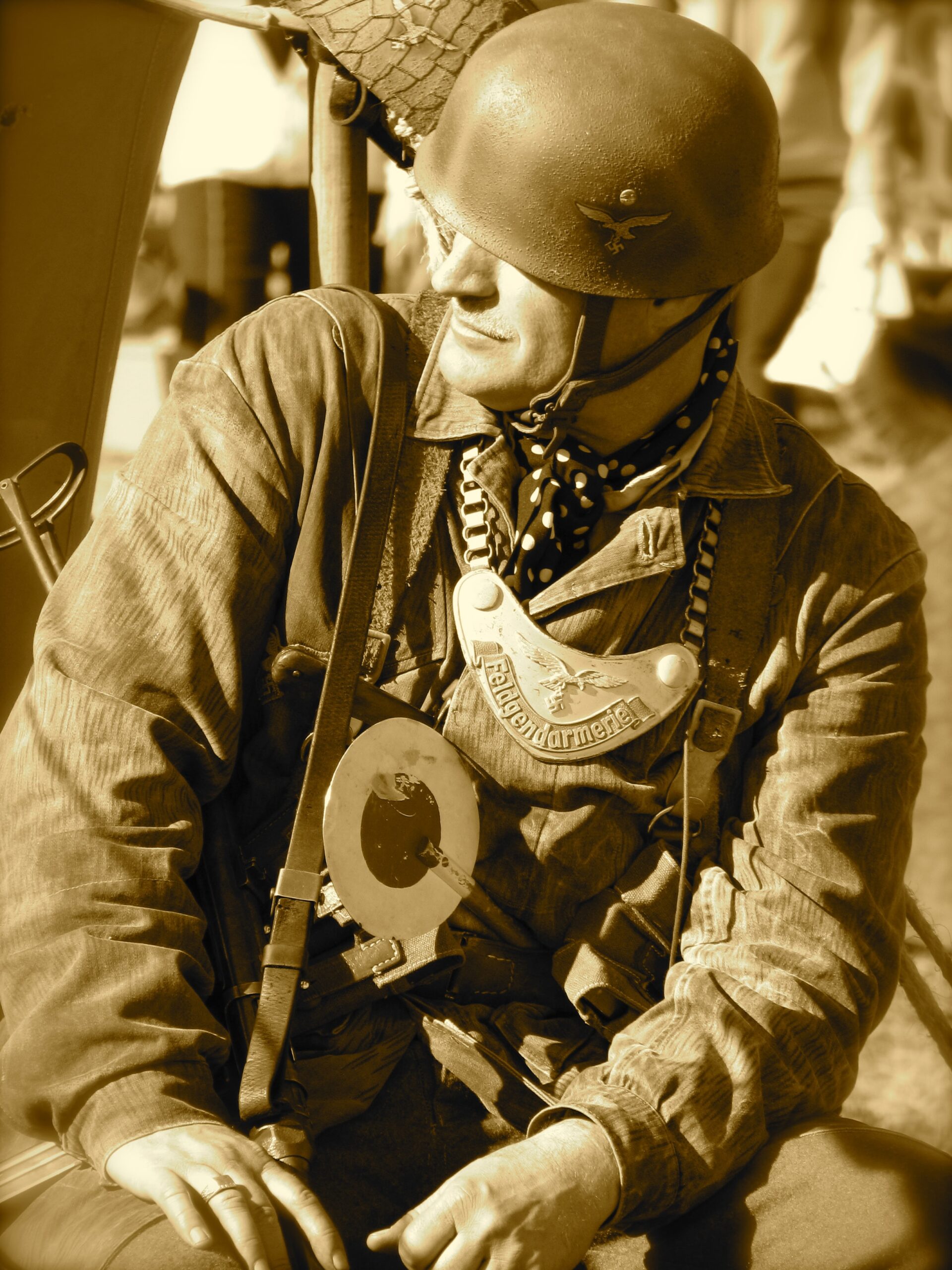Editor’s note: This year, sadly, with all of the ambiguities that we continue to experience in the course of this pandemic, we had to cancel our Faith and Film festival. It was especially unfortunate this year since we also had our first ever short-film contest. The theme of the contest was “hope.” And so, because hope is particularly in short supply these days…because, crucially, the Christian life is animated by the hope of the Gospel … and as a kind of down payment on our hope that we will gather again next year for Faith and Film, we will post some of the finalist short films here.

The relationship between what inspires hope among people outside the church and that which supports the identity and life of those who belong to the church is an interesting one which urgently begs deeper reflection and conversation. It is this kind of conversation and engagement that stands behind the purpose of the Faith and Film festival. Film is a powerful and popular cultural medium that shapes our society in both personal and public ways. Sometimes this medium reinforces or deepens themes that Christians value. Other times it challenges or undermines the Christian view of the world. Engagement, anlaysis, critique and theological reflection –these are the activities that we will miss this year but, hopefully next year we will take them up again the Faith and Film, 2023!
Below we have the four finalist short-films that we were planning on showing and discussing at our Film Festival this year. Instead, we’ve asked some of the judges of these films to describe what moved them when they watched them and how the idea of hope expressed in it intersected with their own Christian hope. Along with their reflections are each of the films themselves. Enjoy!
You Know Me
By Darren Kent
Review:

I am a daddy’s girl. I always have been, and I always will be. Even though this short film You Know Me is about a father and son, it really moved me. So many feelings came over me each time I watched this film. It’s under seven minutes long, and the effect is unbelievable. The first time I watched it I had to call my dad right away. We do not live in the same state anymore. As we get older that affects me more and more. I often worry and pray that I will get to say goodbye when his time on this earth is ending.
Being apart from family is hard, but even more so when the parent has dementia AND it is happening during a pandemic like the one we are all still experiencing. Due to the contagious nature of COVID-19 and its variants, loved ones have not been able to be together. Loved ones have died without being able to say goodbye or even be in the same space. I can’t imagine what that would be like. Not holding each other, crying together, and of course praying together.
The son in this short film adores his father. I imagine he visits him every day. Since the father has dementia, the son takes the time each day to tell his father about his life. The director does a great job of showing how hard it is for the son to visit his father, but how important it is for both of them. You can tell how proud the son is of his dad. Such special memories that he shares with his dad knowing that before the dementia took over, the dad shared those same memories. I love how he shares not just the big things with his dad, but all the small things too like tying his shoelaces in double knots, eating ice cream every Friday no matter the weather, his love of gardening and tea, beer and pizza on Saturday afternoons.
Families dealing with dementia and Alzheimer’s have said that there’s hope in the little moments and spans of time when their loved ones remember. They long for those moments of hope. There’s one of these small moments in this film where it seems that the father remembers. I love how it’s because of music, the son playing his guitar. The music is familiar to the dad, and the son smiles as he sees the recognition on his father’s face. They both put their hands up to the glass door that separates them. Then the moment is gone, and the father is confused all over again. The home nurse then enters the scene to check on the father and invite the son inside to be with his dad. The son walks in the door, and we hear him say “Hello Dad.”
As Christians, our hope is in Jesus through His death and resurrection. We have eternity with Him in heaven when we die. There will be no illness. No dementia or Alzheimer’s. We will all be whole again, AND we will remember. What hope and joy in that!
Erika Bennett

The Winner
By Yury Sysoev
Review:

The Winner is about power. Specifically, two kinds of power. Let’s call the first power, “the power of the oppressor over the oppressed.” We all know the evil workings of this power. This power shapes the context for the event that takes place in a forest, in the middle of a Russian winter in WW2. There stands a German officer, strong, well-fed, in full uniform. He is one of the oppressors. Facing him is a Russian peasant, bloodied, bruised, dressed in rags—the oppressed. The Germans have slaughtered all the friends and family of his village, without mercy. “Like pigs!” He snarls at the German.
But in this scene, the balance of power has been reversed, because now it is the Russian peasant who has a gun pointed straight at the German officer, who has only a knife, which he drops. Every fiber of the Russian’s being wants to do what oppressor’s do in these situations–pull the trigger and get some well-deserved revenge. A big part of me wanted that too. Wanted that small measure of satisfaction that would come. (I felt the same way watching the movie Inglorious Bastards). It is hard for us humans to resist using this power when we get it.
But then, something intervenes. Quite unexpectedly, and without even changing his expression or the tone of his voice, the Russian lets the German officer off the hook. He sets the officer free. What miraculous power convinced the Russian peasant to let his enemy go? Something powerful had to come to his raging heart at that moment. I think it did. Let’s call this second, much more mysterious power, “grace.” Which of the two powers is the strongest?
Years later, in 1999, we again see the German, now a well-dressed man touring Russia and taking pictures of monuments depicting Russia’s military victory in WW2. He walks into a tunnel, headed for the subway, when he sees a homeless peasant sitting against the tunnel wall. As he approaches, he takes a few rubles out of his wallet to give to this poor man. But when they glance at each other, there is this horrifying recognition that comes to them both. This was the same peasant who let me escape so many years ago! This was the soldier that I set free!
It is a powerful meeting of two former enemies. This time, however, I am deeply worried that the first power will make its awful reappearance. I am worried that nothing will have changed. And I desperately want to see the second power, the power of grace, exert its mysterious influence. And (thankfully) it does—just as powerfully. And I realize that the grace that the German soldier received many years before had changed him. And I am deeply satisfied that the power of grace had its way with this man. It gave me hope that all is not lost when it comes to how we treat each other as human beings. There is a power that is stronger than every other power that we know. It is this second power—the power of grace.
In the resurrection of his Son, Jesus, God the Father has told me, who stands as condemned as that German officer, that he is giving me grace. He has let me off the hook. He has set me free from sin and death. “Come away from all that,” he says to me as he pulls me away from it in my Baptism, and he tells me the same thing every time I take his Supper. That Word of grace gives me hope every day of my life. As Peter says, “Blessed be the God and Father of our Lord Jesus Christ! According to his great mercy, he has caused us to be born again to a living hope through the resurrection of Jesus Christ from the dead, to an inheritance that is imperishable, undefiled, and unfading, kept in heaven for you (1 Peter 12:3-4).”
God’s grace, given in his forgiveness, transforms us who have received it. It gives us a living hope. We have been freed from death and given new life so that—like the German soldier in the subway—we can extend grace to others. So that we can set others free in forgiveness and love. So that we can give them hope.
The Winner ends with a quote from Voltaire, “War turns people into wild beasts who were born to be brothers.” Given the news about the military buildup taking place in Russia and Eastern Europe even as I write, these words speak an ominous warning against the awful evil that is unleashed when the oppressor has his way with the oppressed. Where is the hope? My hope is that the mysterious power of what we Christians call grace would intervene in the hearts and lives of those leaders involved in this standoff and that it would exert its power on all those “who were born to be brothers.”
Tim Saleska

My Lovely Man
By Francisco Roel
Review:
The Rev. Dale Ward had the unenviable task of working through the more than a thousand entries in the short film contest and then narrowing the choices down for the other judges. Although the theme of the short film contest was hope, Dale reported that, paradoxically, many of the entries that he viewed were more about despair. Therefore, it became easier to select the possible contenders in this contest: Any film that left him feeling hopeful might be a contender. He then narrowed the field to about forty short films that other judges then watched and evaluated.
Among these 40 or so short films is the 10 minute “My Lovely Man.”

“My Lovely Man” depicts a woman, Beverly, walking to a park and sitting upon a bench. She begins to pray. Then a man, William, arrives. William is Beverly’s older brother, and Beverly has come to say “goodbye” as she will soon move with her husband from her present home (southern California given the palm trees?) to Seattle. It is evident that sister and brother have had a close relationship from their youth, and, therefore, Beverly is unsettled about this move and not being able to see her brother on a regular basis. William attempts to help his sister work through her fear.
Their conversation indirectly references God, as God is referred to via the pronouns “he” and “him.” They discuss God’s will at work in their lives, or rather the lack of clarity about what God’s will might be in the face of tragedy and loss. Yet William assures his sister that “He” (God) does have a purpose even if this is not clear in the present circumstances. He urges her to move on with her husband and with her life. When William is then gone, Beverly sits and prays again. Shortly afterwards her husband arrives, and with more hope and joy than she had before, Beverly leaves with her husband for her new life in Seattle.
I gave high ratings “My Lovely Man” for several reasons. First, I believe it is a good film—it had a good screenplay, the actors gave convincing performances, etc.
Second, I appreciated the positive depiction of two characters who are likely Christians. Beverly is wearing a cross necklace. She prays. From the conversation with her brother, we learn that she and William attended church while growing up, and there are no overtly negative feelings connected with this experience (as might be found in some other films). William also appears to have strong faith in God, even in the face of suffering and loss, and he shares his faith with his sister as she struggles to understand.
Third, I found that I could identify with these characters and their life experience. I too have had a close relationship with my siblings. I recall when I left home to join the Army and then later to attend Concordia Seminary. Although this was many years ago, I still remember how unsettling it was to leave family and home behind, perhaps for good, knowing that things would never again be the way they were before. Therefore, I identify with Beverly’s fear of not seeing her brother again and even her desire not to move on with her life, but rather remain in the past.
Finally, as “My Lovely Man” ultimately focuses upon the themes of death and then life after death, this film did remind me again of our confession—“I believe in the resurrection of the body and the life everlasting.” This indeed is my chief and central hope. I consider both of my parents who have died in the faith. I consider the many brothers and sister in Christ who have died, some of whom I buried. I remember how some of these deaths—including my Mom’s passing at a young age—were particularly tragic and apparently meaningless. I still am unable to find sense in these events. I do not understand God’s will.
Yet I am also reassured by our confession: God is still God and these deaths are not the end. Jesus Christ has conquered death through His death and resurrection. Therefore, we await the resurrection of the body and life everlasting in His new creation.
“My Lovely Man” even makes the point that things will be better after the resurrection. Our bodies that are now subject to disease and weakness will be restored—never to die again.
Note, however, that this film is not overtly Christian, even if focuses upon some Christian themes. Other than the cross, which Beverly wears around her neck, there is no reference to Jesus and His work of salvation. What is more, the film concludes with an overly sentimental, theologically objectionable, nearly pagan quote from American playwright Thorton Wilder. It appears that the producers of this short film likely saw a connection between the sentiments expressed in this quote and Christian hopes for life after death. I imagine there are many American Christians who do as well. I do not.
Nevertheless, “My Lovely Man” succeeded in doing what we asked of the films in this contest. When the narrative was over, I felt great hope as I considered that God in Jesus Christ has defeated death and that those who die in Christ will one day experience the resurrection and life forever in the new creation. This, indeed, is our greatest hope.
David I. Lewis

Absurd Man
By Burak Kum
Review:

There are few things as mythical and magical as a road trip. With any open road ahead- anything is possible. One never knows what adventures they will experience. Legendary story opportunities are abundant. There is a reason why so many films feature a road trip. A road trip is a common modern experience that nearly everyone can relate to and it provide endless possibilities.
In Absurd Man we get to witness a road trip. Of course, like most road trips it does not go as planned. A freak (supernatural) encounter brings potential riches and unlimited guilt and consequences. The Man has to wrestle with various possibilities and circumstances. You get to visually see his conscience working overtime. What is the right thing to do? Who will know if I do the wrong thing? Can I live with the consequences?
While philosophers debate over the journey being about the destination or the journey itself, Absurd Man offers an alternative answer: what if the journey is about what you take with you on the journey. Or perhaps- who?
As Jesus said, “What good is it for someone to gain the whole world but forfeit their soul?” The world will view giving up riches, fame and power as absurd. Isn’t that the goal of life? The one with the most toys wins?
We live in a time when the absurd seems to be a mundane routine. The phrase “unprecedented times” has many longing for “precedented” ones. It is not absurd to expect bumps in the road and anticipate difficult choices. In fact- it would be absurd not to. For those whose hope lies beyond this world the journey brings joy. The joy of the little things and the peace and comfort in knowing the right thing was done even when the world calls you absurd. The journey brings promise of the eternal destination. Come to think of it, grace might be the most absurd idea of all!
Jacob Youmans



Leave a Reply
You must be logged in to post a comment.